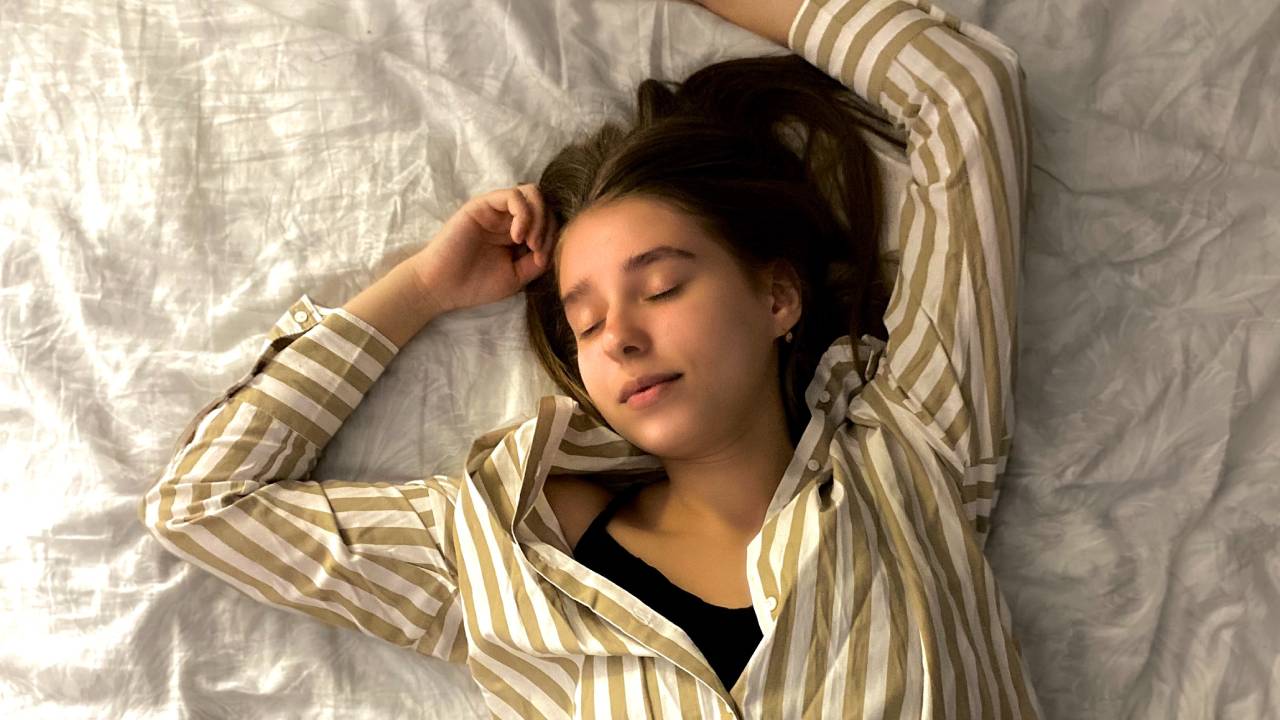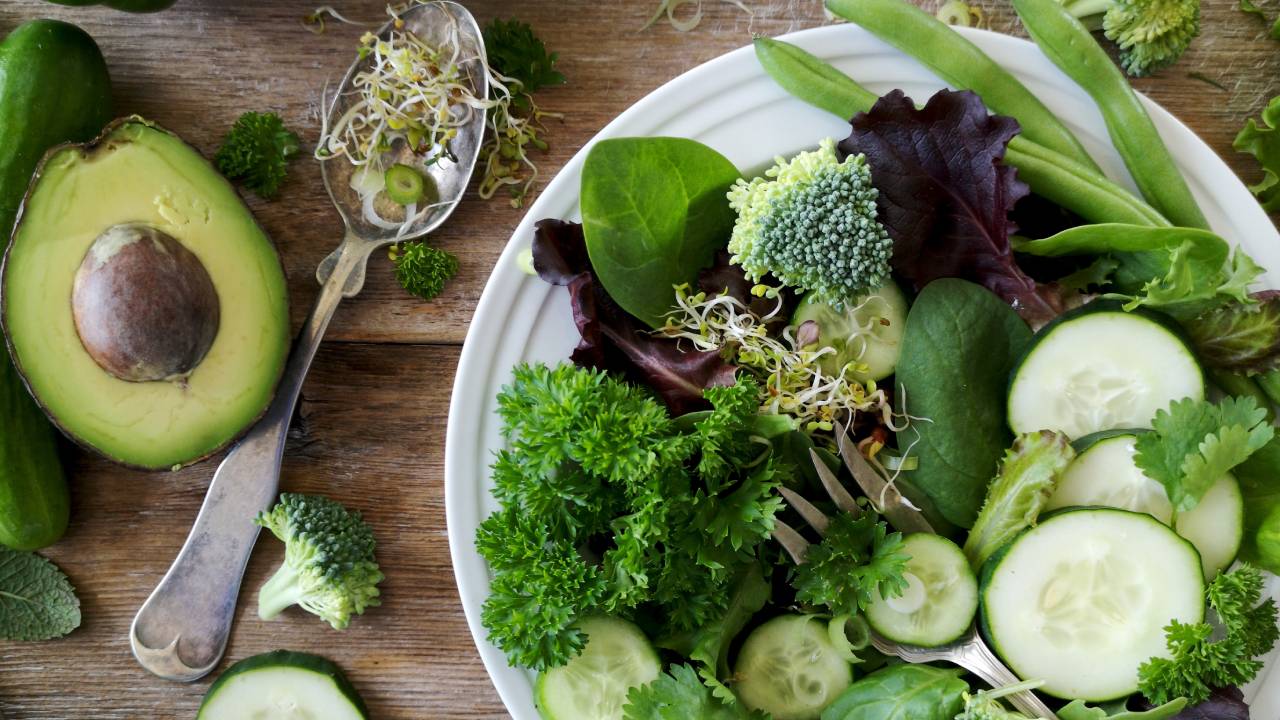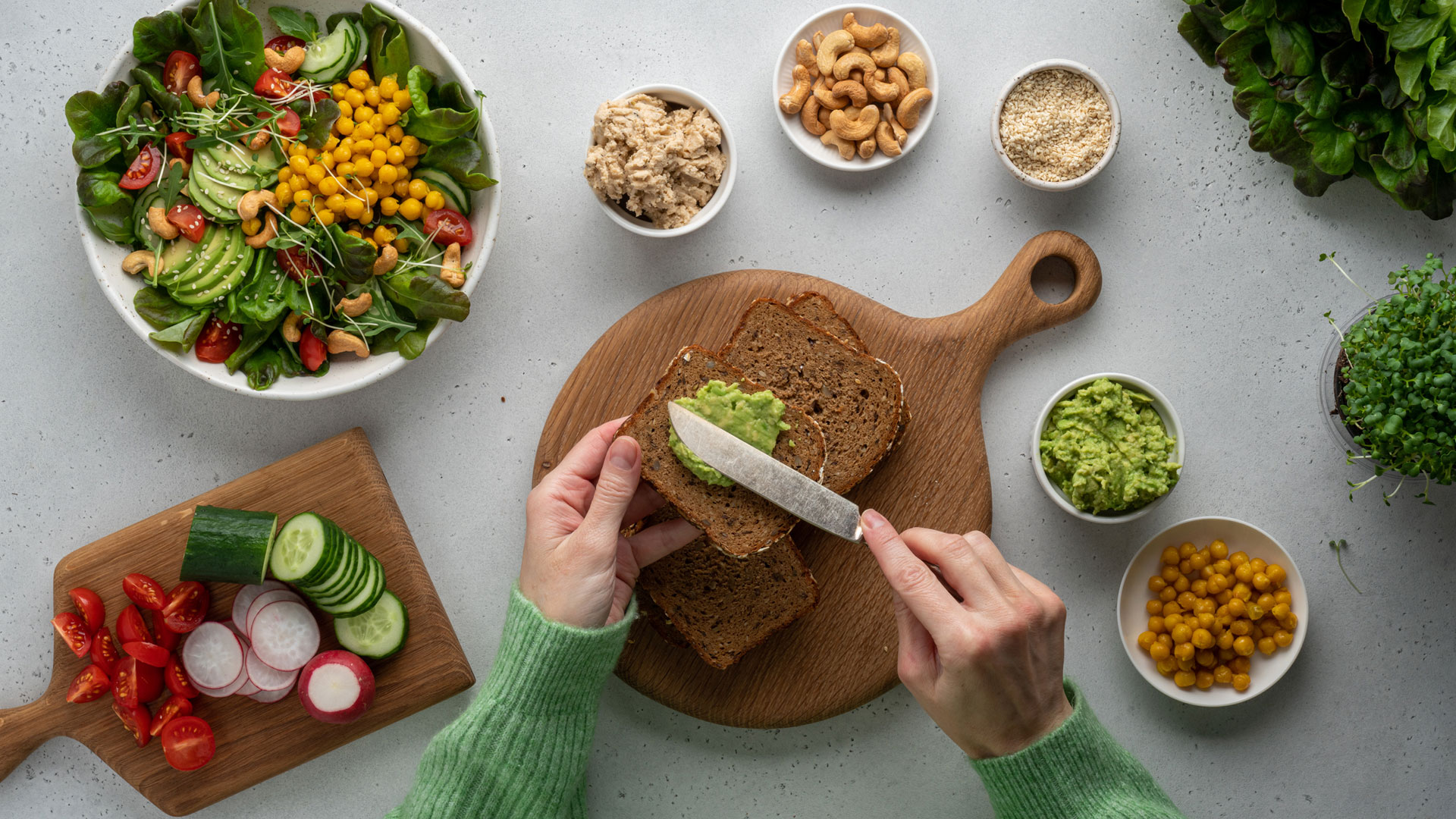Trying Veganuary? This is how eating vegan food can help you sleep
5 ways eating a vegan diet can fix your sleep patterns this January


Get all the latest news, reviews, deals and buying guides on gorgeous tech, home and active products from the T3 experts
You are now subscribed
Your newsletter sign-up was successful
The start of a new year comes with many health and fitness challenges, from Dry January to Veganuary. Veganuary – which started in 2014 – has become increasingly popular with each passing year, with many people going meat-free for the month or trying to incorporate more plant-based meals into their diet.
Whether you’re giving Veganuary a go this January or you’re planning on going vegan for the foreseeable future, there are many benefits to a vegan diet, including improved sleep quality and duration. After the festive season, our sleep patterns are all over the place after weeks of overindulging, so a vegan diet or a vegan evening meal can help you get back into a sleep schedule.
To find out more, I spoke to Martin Seeley, sleep expert at MattressNextDay and he revealed 5 ways going vegan can help you sleep better. If you’re giving Veganuary a try this year, stay motivated with our 6 tips for going meat-free for the month.
1. You fall asleep faster
It’s been proven time and time again that there are specific foods that help you drift off easier and sleep deeper (see 8 foods that help you sleep & 4 foods to avoid for our top recommendations). While meats, fish and dairy products are full of sleepy properties, many fruits and vegetables contain nutrients that can help you sleep better.
Leafy greens, a key staple of a plant-based diet, is the main source of this. “From lettuce, kale and cabbage, these leafy vegetables are full of vitamin B12,” says Seeley. “Stable levels of B12 in the body have been associated with reduced insomnia, as well as helping to regulate your sleep-wake cycle. It helps you stay sleepy at night time and awake during the day… and leafy greens reduce the likelihood of high blood pressure, heart disease and obesity.”
P.S. To guarantee a great night’s sleep every single night, invest in the best mattress.

2. Less disruptions or broken sleep
If you tend to wake up a lot during the night, a vegan diet or a vegan meal before bed can help reduce these disruptions. This is because plant-based meals have much less sugar in them than other diets. According to Seeley, “this reduction in sugar makes it easier for your body to digest food, so you’ll be less likely to be woken in the night by any stomach pains, bloating or indigestion.” Specifically, soy-rich foods like tempeh, tofu and edamame beans naturally increase serotonin levels which are linked to longer sleep duration and relaxation.
Get all the latest news, reviews, deals and buying guides on gorgeous tech, home and active products from the T3 experts
3. Dreams are less vivid
This might sound strange, but eating vegan meals can help reduce vivid dreams or nightmares which disrupt your sleep and result in you feeling tired and groggy the next day. This is because “vivid dreams are commonly associated with the amino acid, tryptophan, which is usually found in foods like fish, milk, eggs and cheese,” says Seeley. Avoiding these foods or reducing your intake of them before bed can prevent you from having vivid dreams or nightmares and reduce bloating which can cause a stressful night’s sleep.
4. Fewer nighttime pains & discomfort
As vegan foods have less sugar and are “full of antioxidants, fibre and probiotics”, they’re easier for your digestive system to process, meaning you’re less likely to be up at night with stomach pain, acid reflux or bloating. A vegan diet also includes many sources of fibre which can balance your blood glucose levels, “reduce inflammation and help with joint stiffness.” Seeley also says that by eating a vegan diet, you’re cutting out ‘trigger foods’ like red meat and added sugars that exacerbate pain from arthritis. So, eating a vegan diet can help ease any pain you experience during the night.

5. Boosts your mood
Finally, it’s been found by many studies that people who go to bed in a bad mood or have a mood disorder are more likely to suffer from sleep problems. Studies have revealed that going to bed in a better mood can significantly help you sleep better and one way to boost your mood and up your energy levels is by eating nourishing foods that are rich in vitamins and minerals. Calcium, potassium, magnesium and vitamin B have all been linked to lowering stress levels, so having a meal that’s high in these minerals can lead to a happier mood and a better night’s sleep.
For more anxiety-relieving foods, check out these 5 foods that reduce stress & improve sleep.

Beth is Home Editor for T3, looking after style, living and wellness. From the comfiest mattresses to strange things you can cook in an air fryer, Beth covers sleep, smart home, coffee machines, watches, grooming tools, fragrances, gardening and more.
In her spare time, Beth enjoys running, reading, baking and attempting craft projects that will probably end in disaster!